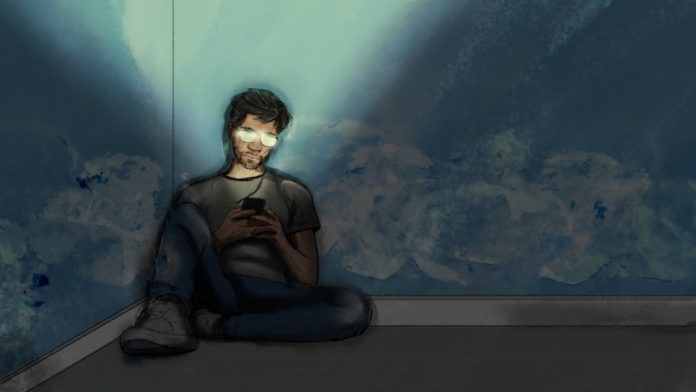Mohammed Sorosh remains in hiding in Afghanistan. (ABC News: Jarrod Fankhauser)
It was the message Susan Hutchinson had been dreading for months.
Her colleague and friend, Mohammed Sorosh, had been arrested by the Iranian police after his visa expired and he was going to be deported back to Afghanistan.
"Hi dear the police arrested me," said the text from Mr Sorosh, who is using a pseudonym to protect his safety.
"I don't know what should I do."
A member of the persecuted Hazara ethnic minority, Mr Sorosh served in the Afghan army — fighting alongside coalition forces — before the Taliban returned to power in 2021.
He then began working with foreign NGOs to help vulnerable people escape the country.
Mr Sorosh only fled Afghanistan after the Taliban discovered he had worked with an Australian NGO to get dozens of orphans and widows out.
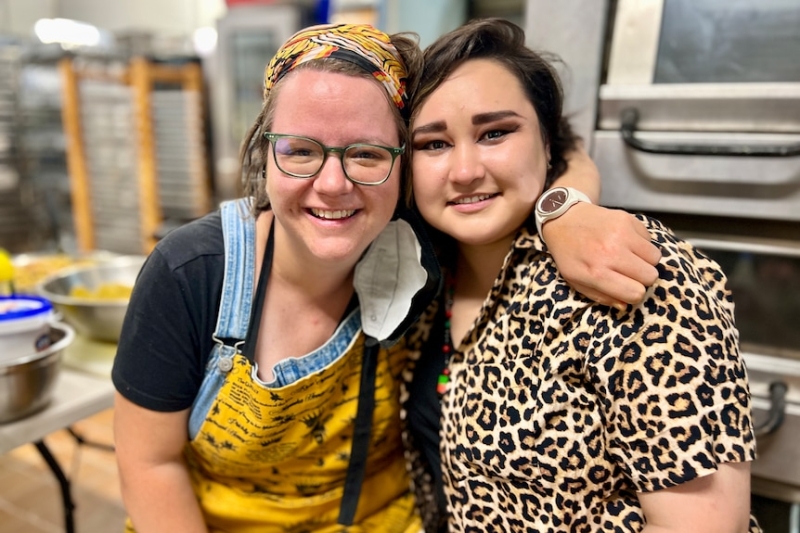
Susan Hutchinson (left) says Mohammed Sorosh's case highlights a major problem with Australia's humanitarian visa program. (ABC News: Mark Moore)
Ms Hutchinson, who runs a different NGO but assisted with the operation, contacted the ABC concerned that Mr Sorosh would be tortured or killed if he ended up in the hands of the Taliban.
She said several of his colleagues who had previously worked with the NGO were arrested, tortured and sentenced to death.
"This young man spent years helping widows and orphans," she said.
"He stood up to get them to safety when no-one else would … despite the extreme risks he faced as a consequence."
Mr Sorosh had been living in Iran with his mother, wife and three children since 2022 while waiting for the Australian government to process his application for a refugee visa.
Because Australia does not process refugee visas while the applicants are in their home countries, thousands of other Afghans are also waiting for a determination in neighbouring Iran or Pakistan.
'Literally impossible' to prioritise applications
Ms Hutchinson said Mr Sorosh's case highlighted a major problem with Australia's refugee visa processing system.
"The Australian government doesn't have a functional mechanism to shift the highest-risk cases to the top of the pile for priority processing — and that's not OK," she said.
Taliban bans Afghan women from hearing each other
Photo shows A woman stares confidently at the camera with a marking of five strikes on her forehead symbolising an end to child marriage.

She said some Afghans like Mr Sorosh had multiple factors that compounded their vulnerability but the government did not recognise the "intersectionality" of those risks.
The Department of Home Affairs (DHA)website says priority is given to four categories of humanitarian visa applicants, including those who have been referred by the United Nations High Commissioner for Refugees (UNHCR) to Australia for resettlement.
"As all humanitarian applicants are in similarly compelling circumstances, the Department is unable to expedite applications outside of these priorities," it says.
However, Ms Hutchinson said that mechanism was broken.
"It's literally impossible to get UNHCR in Iran or Pakistan to answer the phone and you can't just turn up to be registered with UNHCR in either of those countries," she said.
"They need to implement a functional mechanism to prioritise people who are at the greatest risk … to bring them higher to the top of the pile."
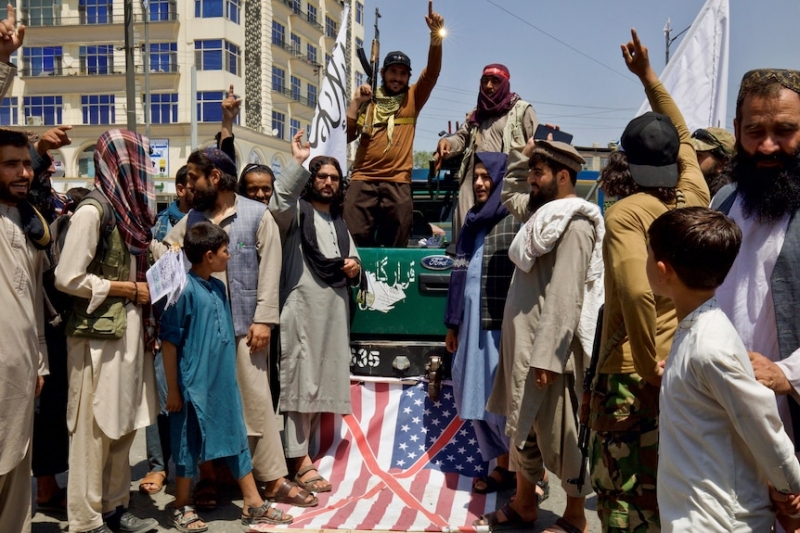
Taliban supporters celebrated the third anniversary of the fall of Kabul earlier this year. (Reuters: Sayed Hassib)
The ABC contacted the UNHCR offices in Iran and Pakistan for comment but did not receive a response.
In a statement to the ABC, the DHA said the Australian government was "committed to compassionate and flexible humanitarian and settlement programs that meet Australia's international protection obligations".
It said Afghans could also pursue other migration pathways, such as skilled or family visas.
The minister for home affairs and immigration, Tony Burke, did not respond to the ABC's request for comment.
In hiding in Afghanistan
The Iranian authorities deported Mr Sorosh earlier this month, but through a stroke of luck, he was able to avoid being picked up by the Taliban.
Mr Sorosh said fortunately he was sent across the border on a Friday — which is part of the weekend in Afghanistan — so there were fewer staff checking people.
And a Hazara family, who were also being deported, invited him to cross the border with them after seeing that he was in bad condition after being beaten by Iranian police.
Mr Sorosh told the ABC he was now in hiding in Afghanistan, seeking a way to get back to his family in Iran.
The ABC communicated with him via text because he was afraid of being heard speaking English out loud.
He said he was concerned for his family's welfare in Iran because they did not have a male family member with them able to earn money.
"After the collapse of Afghanistan till now every moment I am afraid and is dangerous for me," he said.
"My message to the Australian government is to please help me and my family."
Ms Hutchinson said she had advocated to Australia's foreign minister and other parliamentarians for his case.
"We wrote to the Immigration Minister Tony Burke explaining how precarious the situation was for our human rights defenders in Iran and still have had no correspondence or progress," she said.
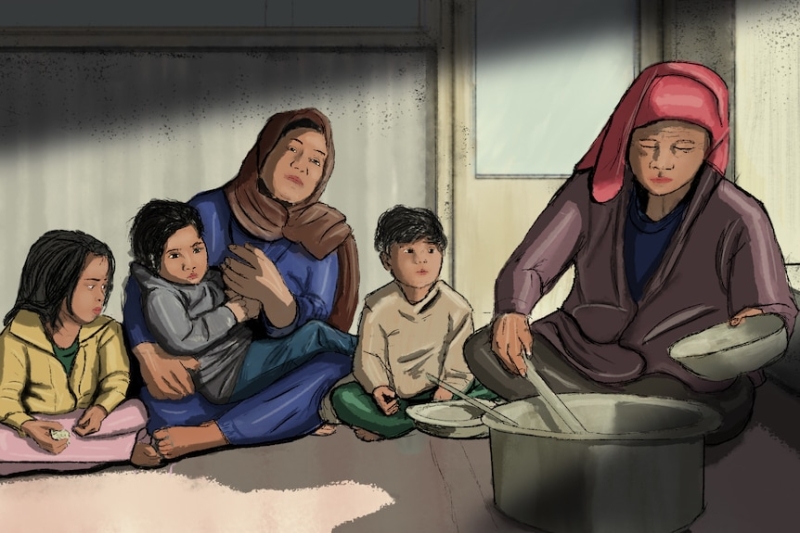
Mohammed Sorosh's family have no way of earning money in Iran. (ABC News: Jarrod Fankhauser)
Life difficult in Iran
If he does make it back to Iran, Mr Sorosh will still likely have to wait years before his refugee application is processed.
According to the department's website, it's prioritising applications received in 2021 and expects applications received after that year, like Mr Sorosh's, to be processed in about six years.
And the number of applications is still growing.
The ABC understands the number of Afghans waiting for their applications to be processed has increased from about 160,000 in June to 170,092 at the end of November.
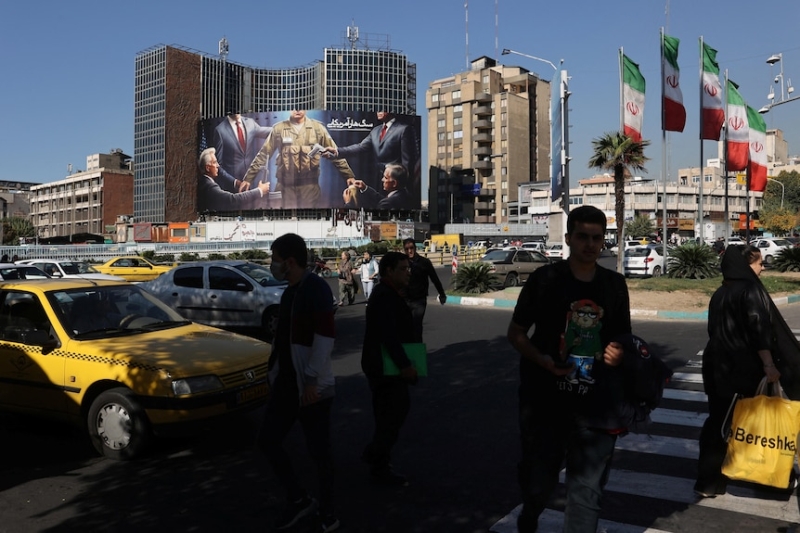
Afghan refugees face discrimination and harassment in Iran. (Reuters: Majid Asgaripour/West Asia News Agency)
Mr Sorosh said life in Iran was difficult for Afghans, particularly Hazaras, facing discrimination and harassment.
He said he had been arrested once before when he still had a valid visa — police assaulted him and broke his glasses and only let him out of prison after his wife and children pleaded for his release.
"Me and my family are living like guilty people," he said.
"The police and most of Iran's people hate us."
He said work was difficult to find and precarious and his children were not able to go to school.
"Our situation has become increasingly untenable," he said.
Ms Hutchinson said Mr Sorosh knew many people in Australia through his work.
"I've been pursuing skilled migrant pathways for him while we wait for a refugee visa, but the federal government keeps changing the requirements making it more difficult for us to find employers," she said.
Australia's 'moral obligation' to Afghans
Shabnam Safa, refugee advocate and member of Australian Hazara Advocacy Network, said consecutive Australian governments had justified Australia's involvement in Afghanistan by saying they were protecting the rights of women, girls, and persecuted groups such as the Hazaras.
"As result, Australia has a unique responsibility and a continued moral obligation to the people of Afghanistan, especially women, girls, and persecuted groups," Ms Safa said.
"We must do more to process humanitarian visas faster, and ensure that those most at risk are prioritised."
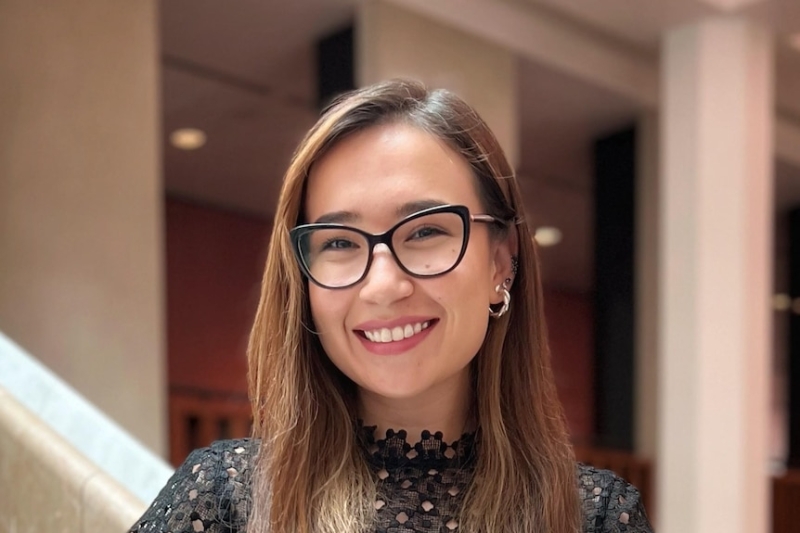
Shabnam Safa says Australia should prioritise those most at risk for humanitarian visas. (Supplied)
Ms Safa said it was not clear why the Australian government could not accept applications while applicants were in Afghanistan like the US and other countries.
"The Australian government can work with the US to ensure a similar process exists for people in Afghanistan to apply for and have their humanitarian visas processed from Afghanistan," she said.
"[Iran and Pakistan] regularly deport refugees from Afghanistan back to a Taliban-ruled Afghanistan, and continue to introduce hostile policies that make live unbearable for refugees."
Australia 'well behind' other countries
The Greens spokesperson on immigration, David Shoebridge, said Australia's refugee application processing was "well behind" other countries such as Canada.
"Since the fall of Kabul back in 2021, Australia has processed barely a third of visa applications from Afghanistan," Senator Shoebridge said.

David Shoebridge (ABC News: Jerry Rickard)
"Meanwhile Canada has welcomed over 55,000 of their allies from Afghanistan which is more than double Australia's cumulative target to the end of 2026."
He said other countries were working with NGOs on the ground in Afghanistan to rapidly process claims made in-country and Australia could learn from them.
"The lack of processing capacity is a deliberate policy choice by the Albanese government and, far from being an excuse, it is the reason for the delay."
The Department of Home Affairs statement said the humanitarian visa program was "designed primarily to assist people who have left their home country because of persecution or severe human rights abuse, and who have no options for return to their home country or integration in the country of refuge or for resettlement in another country".
"As a result, Australia does not usually resettle people who remain in their home country," it said.

